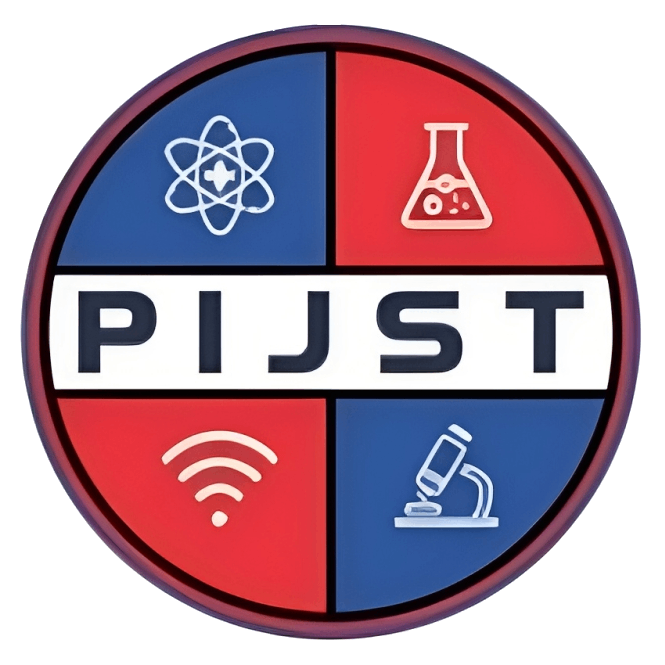Deep Learning-Based Route Optimization in Wireless Sensor Networks: Enhancing Energy Efficiency, Reliability, and Scalability
Amit Kumar, Research Scholar (Ph.D.) Department of Electronics & Communication Engineering, Sarala
Birla University, Namkum, Ranchi
Dr. Deepak Prasad, Department of Electronics & Communication Engineering, Sarala Birla University, Namkum,
Ranchi
 DOI: 10.62796/pijst.2024v1i12001
DOI: 10.62796/pijst.2024v1i12001
 DOI URL: https://doi.org/10.62796/pijst.2024v1i12001
DOI URL: https://doi.org/10.62796/pijst.2024v1i12001
Published Date: 02-12-2024 Issue: Vol. 1 No. 12 (2024): December 2024 Published Paper PDF: Download
Abstract- Wireless Sensor Networks (WSNs) are indispensable to a wide range of applications that demand cost-effective data gathering in harsh environments. An essential trade-off in WSN is the design of routing paths that reduce the energy cost and achieve the high transmission reliability. In this paper, we provide a unified view for solving the route optimization problem with deep learning approaches (deep reinforcement learning and graph neural networks). Through formulating the routing problem as a sequential decision-making problem, deep learning methods can learn adaptive policies that can choose dynamic energy-efficient and reliable communication paths using up-to-date network status (such as node residual energy, link quality and traffic load). The incorporation of graph neural networks additionally exploits the spatial distribution of sensor lay-out to describe local and global network fluctuations, which provides scalable and generalizable network decisions. The energy is consumed by means of transmission and reception costs and is also modelled in order to generate realistic optimization results. Simulation results also show that the deep learning-based routing has the advantages of extending network lifetime, less energy consumption, and better adapts to dynamic network environments against the conventional and heuristic protocols. The results demonstrate that deep learning has the potential to improve WSN both in terms of performance and sustainability. In future work, we plan to investigate lightweight models for real-time execution, directly on sensor nodes, and hybrid policies that are able to mix learned and heuristic solutions. Keywords: Wireless Sensor Networks, Route Optimization, Deep Reinforcement Learning, Graph Neural Networks.
Published Date: 02-12-2024 Issue: Vol. 1 No. 12 (2024): December 2024 Published Paper PDF: Download
Abstract- Wireless Sensor Networks (WSNs) are indispensable to a wide range of applications that demand cost-effective data gathering in harsh environments. An essential trade-off in WSN is the design of routing paths that reduce the energy cost and achieve the high transmission reliability. In this paper, we provide a unified view for solving the route optimization problem with deep learning approaches (deep reinforcement learning and graph neural networks). Through formulating the routing problem as a sequential decision-making problem, deep learning methods can learn adaptive policies that can choose dynamic energy-efficient and reliable communication paths using up-to-date network status (such as node residual energy, link quality and traffic load). The incorporation of graph neural networks additionally exploits the spatial distribution of sensor lay-out to describe local and global network fluctuations, which provides scalable and generalizable network decisions. The energy is consumed by means of transmission and reception costs and is also modelled in order to generate realistic optimization results. Simulation results also show that the deep learning-based routing has the advantages of extending network lifetime, less energy consumption, and better adapts to dynamic network environments against the conventional and heuristic protocols. The results demonstrate that deep learning has the potential to improve WSN both in terms of performance and sustainability. In future work, we plan to investigate lightweight models for real-time execution, directly on sensor nodes, and hybrid policies that are able to mix learned and heuristic solutions. Keywords: Wireless Sensor Networks, Route Optimization, Deep Reinforcement Learning, Graph Neural Networks.

 : 10.62796/pijst
: 10.62796/pijst